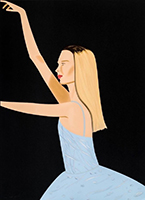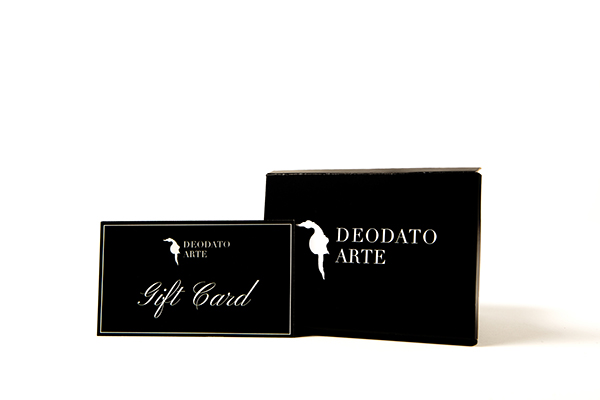
Heir to Andy Warhol and his Pop Art, Takashi Murakami draws inspiration from mass culture and media, in particular from Japanese manga and anime characters combined with Western influences.
Father of the Superflat style, Murakami is also the founder of Kaikai Kiki, his Tokyo-based gallery and arts organization, a real "factory" (on the Andy Warhol model) that carries out several initiatives by funding and supporting the many artists who are part of the project.
There is no doubt that Covid-19 caused serious economic losses to the art world and Takashi Murakami and his Kaikai Kiki seem to have severely suffered the crisis.
Despite this, it is appropriate to specify that it was not a bankruptcy or an artist failure. He continues to be active and the prices of his works are constantly rising.
The economic crisis and the cancelled film
In the summer of 2020, Takashi Murakami posted on his official Instagram profile a 15-minute video in which he explained the economic crisis he was experiencing and how Covid-19 forced him to cancel one of his projects.

In the Instagram clip, Murakami reveals his deep regret at having to abandon the project. A film on which Murakami had been working for nine years. A film, quoting the artist, "to realize my childish dreams", but interrupted because of the high budget required. This was followed by the announcement of a "documentary" published in the following months on Instagram in 12 episodes, showing the behind-the-scenes of the production of the two chapters of the film. A hard loss for the artist and his audience that due to Covid-19 and the economic crisis will have to give up this promising experiment of one of the most successful contemporary artists ever.
Despite the loss and despite the partial downsizing of Kaikai Kiki, Takashi Murakami has not given up and will not give up. He is continuing to invest in projects and collaborations around the world, in line with his idea of an art that talks about media and mass culture, addressed to everyone and especially to the new generations.











 Register
Register Wishlist
Wishlist Contact Us
Contact Us
